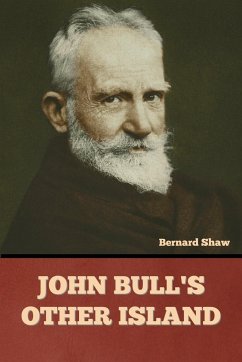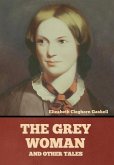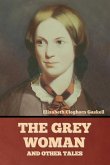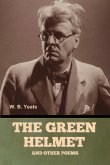John Bull's Other Island is a comedy about Ireland, written by George Bernard Shaw in 1904. Shaw himself was born in Dublin, yet this is one of only two plays of his where he thematically returned to his homeland, the other being O'Flaherty V.C. The play was highly successful in its day, but is rarely revived, probably because so much of the dialogue is specific to the politics of the day. The play deals with Larry Doyle, originally from Ireland, but who has adopted English cultural customs and manners to fit in in England and Tom Broadbent, his English business partner. They are civil engineers who run a firm in London. They go to Roscullen, where Doyle was born, to develop some land. Doyle has no illusions about Ireland while Broadbent is taken with the romance of the place. Broadbent, a lively man who is seemingly not always aware of the impression he makes, becomes a favourite of the people. Before the play is over, it is clear he will marry Nora Reilly, the woman waiting for Doyle (who is more than happy to let her go) and become the area's candidate for Parliament after Doyle refuses to stand. Doyle has also 'called in' all his loans given "so easily" to the locals against their homes and intends (as he had planned all along) to make the village into an amusement park. Another major character is the defrocked priest Peter (Father) Keegan, the political and temperamental opposite of Broadbent, becomes suspicious of him upon his arrival and warns the locals against him. As popular as the play was originally, it is not one of Shaw's more revived pieces. Liz Kennedy reviewing a revival in 2004, during the New Labour government of Tony Blair, argued that the play was still relevant: "Shaw's vision from one hundred years ago was a far-seeing one...The drama has especial contemporary resonance in this continued period of political vacuum on our own shores" She particularly praised "Alan Cox, giving an appropriately mannered Blairite performance as Broadbent the Englishman...he might historically be a Liberal, but he sounded very New Labour." (wikipedia.org)
Hinweis: Dieser Artikel kann nur an eine deutsche Lieferadresse ausgeliefert werden.
Hinweis: Dieser Artikel kann nur an eine deutsche Lieferadresse ausgeliefert werden.








